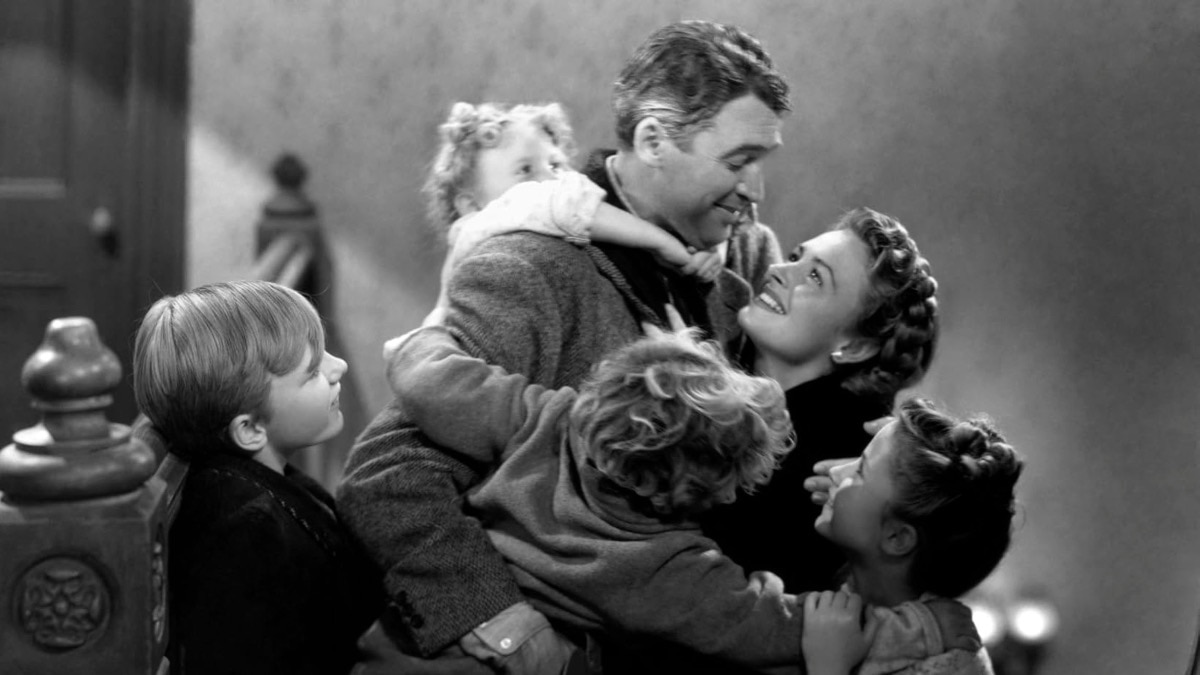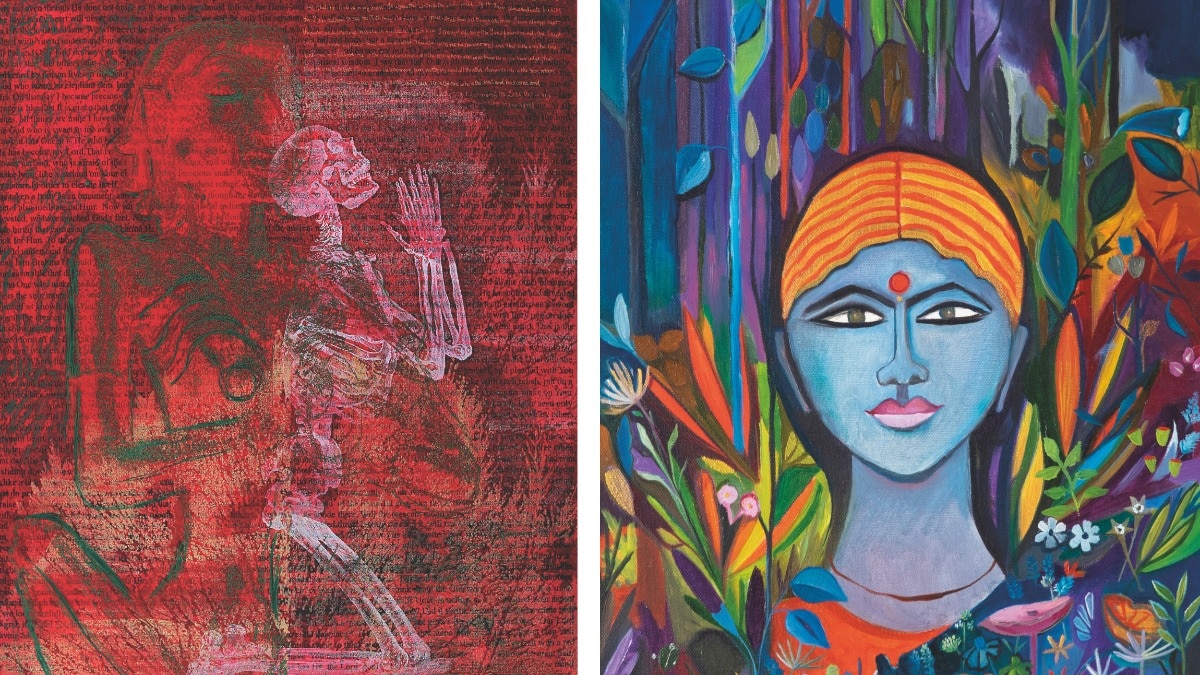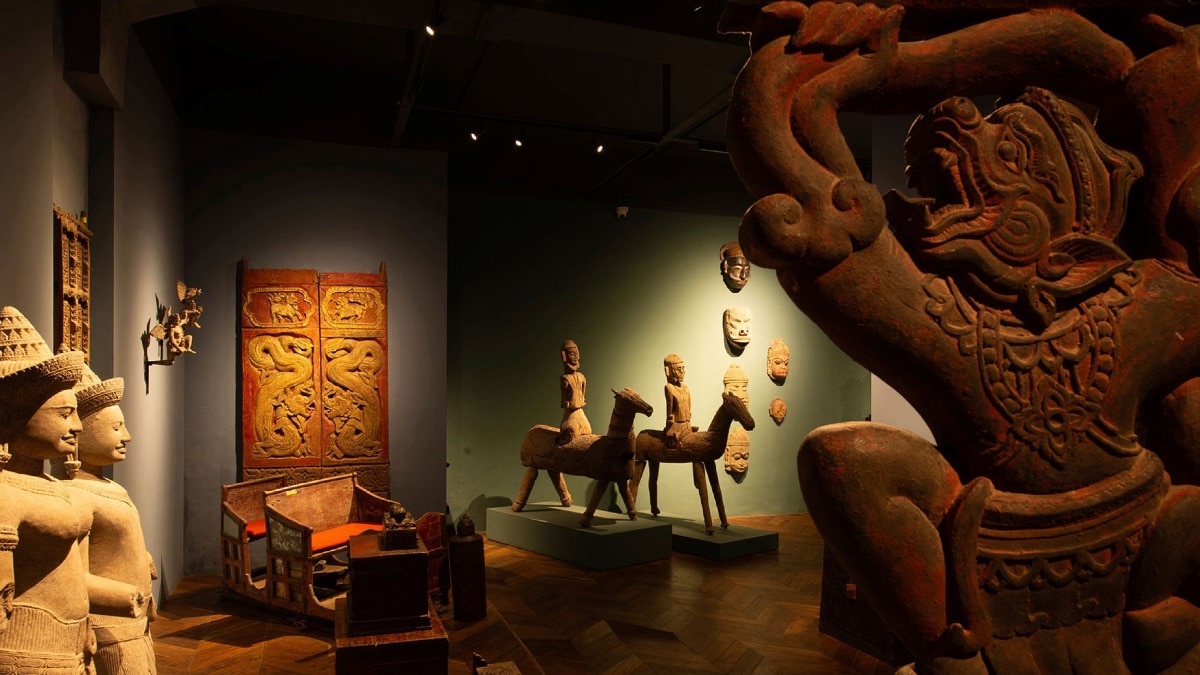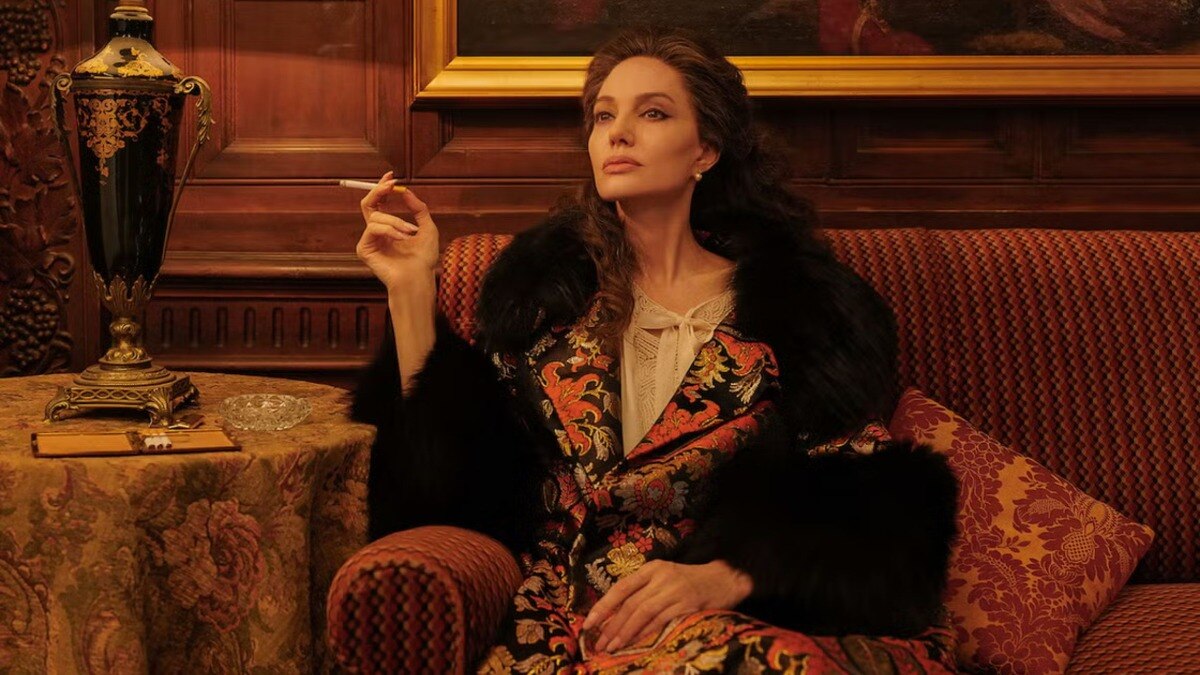Helena Bonham Carter on why she loved playing her character from the hit show 'Crossroads'
The actor sheds light on why her latest role, exploring the life of the 1970s soap star Noele Gordon, feels like restorative justice.

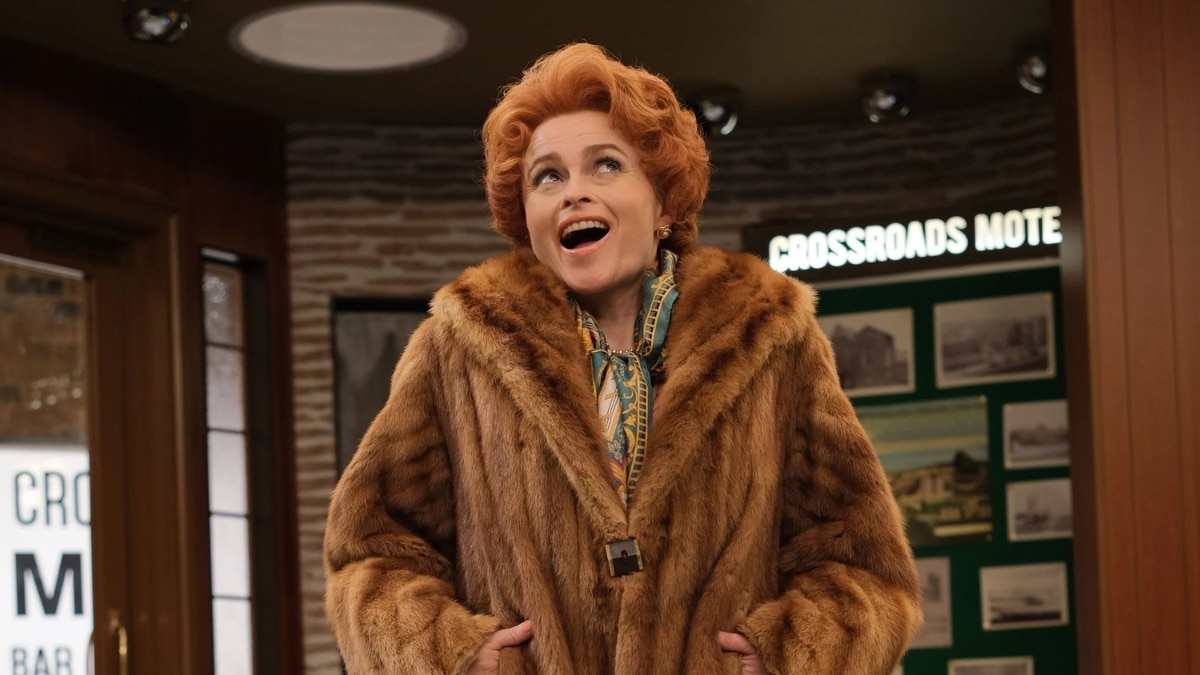
Those of a certain vintage may remember the ponderous sequence of nine guitar notes that were the signal to cluster around the television for Crossroads.
Set in a Midlands motel, the soap was much derided for its flimsy sets, implausible storylines and clunky dialogue; nevertheless, in the mid-Seventies, the series was attracting 15 million viewers, and battling Coronation Street for ratings supremacy.
The unquestioned star of the show was Noele Gordon, known to the nation as Nolly, who played the matriarchal, auburn-haired motel owner Meg Richardson (later Mortimer). The role had been created with Gordon in mind, and she remained Crossroads’ most popular character from the show’s launch in 1964, until 1981, when she was suddenly sacked.

Her defenestration, and the reasons behind it, are the premise on which Russell T Davies has based his new three-part series, Nolly. "One of my very first jobs in TV was a trial script for Crossroads, and I’ve wanted to write the story of behind the scenes on that show for 40 years," he said.
"Russell has always been a real supporter of the underdog," says Helena Bonham Carter, who portrays Gordon, complete with coiffure and carefully modulated accent. "He thought Nolly was really badly treated, and I think he wanted to give her the send-off and the recognition she deserved." Bonham Carter was ‘very aware’ of the soap as a child. "It was part of the perma-wallpaper, and I knew all the characters." She was immediately drawn to the complexity of the woman in Davies’ screenplay. "Nolly was a highly complicated character and a mix of many things—and not an easy mix," she says. "But I love playing people who are complex."
Gordon was a child stage star who came from a modest background. She trained at Rada and went on to work both behind and in front of the television camera, becoming Britain’s first female TV executive; she helped Ned Sherrin and Reg Watson launch ATV Midlands in 1956, and was the first woman to interview a British prime minister when Harold Macmillan appeared on her chat show.
Steeped in the workings of daytime television, Gordon was unafraid to voice her opinions on how things should be done on Crossroads. "She was outspoken, she was herself, she was utterly authentic," says Bonham Carter. "I think, frankly, she terrified the people who ran the show. And she was punished for that. It’s not new, is it, that women aren’t allowed to have a strong voice?"
Certainly, the first episode presents the ‘Queen of the Midlands’ as a daunting figure, swanning to the studios in mink coat and Rolls-Royce, changing a new character’s accent from Brummie to RP (in the teeth of the producer’s protests), and then playing an on-screen practical joke on the same rookie performer, after she dared to cast doubt on Gordon’s assertions of the programme’s popularity.

But the series also shows how Gordon was greatly loved and respected by (most of) the people she worked with—particularly the actor Tony Adams. He played the motel’s suave, moustachioed accountant, Adam Chance, and in reality not only rented a flat from Nolly but was her closest ally—for, having been jilted by her fiancé, she never married or had children.
"The show gave her a real sense of identity, belonging and purpose," says Bonham Carter. "She said she had two lives, as Meg Mortimer and Noele Gordon. And whenever she went to a hotel or a restaurant, inevitably they would take her to inspect the kitchen… the line was very smudged."
As a result, Gordon lost far more than just her job when Charles Denton, the incoming controller of programmes at ATV, informed her agent that ‘all good things must come to an end’, a decision that this series lays squarely at the door of misogyny and ageism.
"I think Nolly is quite right when she says, 'You wouldn’t have sacked me if I’d been a man'," says Bonham Carter. "Men are allowed to be difficult and dictatorial. It really feels like Greek tragedy—she’s cut off in her prime."
Gordon refused to take the decision lying down and complained to the press, resulting in national headlines, and sackfuls of irate letters sent to ATV from her devoted fans, while the series shows how producers retaliated by declining to tell Gordon how she would be written out and going to the extent of staging her fake funeral.
Bonham Carter herself has never joined a long-running franchise. "Even after just two seasons with The Crown, by the end, with the best will in the world, you’re beginning to get a bit automatic—and if you’re faintly bored, it’s time to move on."
Fortunately, at 56, her own career is as busy and diverse as ever. "We might have less collagen, but we’re much more interesting when we’re over 50," she says, with a laugh. "Life makes you more interesting, you’ve got more depth, the map of the soul is so much bigger if you’ve survived."
Sadly, Gordon did not. She died of cancer in 1985, just four years after her sacking, while Crossroads itself only limped on until 1988. This charming series, and Bonham Carter’s portrayal, are a worthy tribute to a national treasure, and an overdue acknowledgment of the unjust treatment meted out to her.
This piece originally appeared in Harper's Bazaar UK in February 2023

